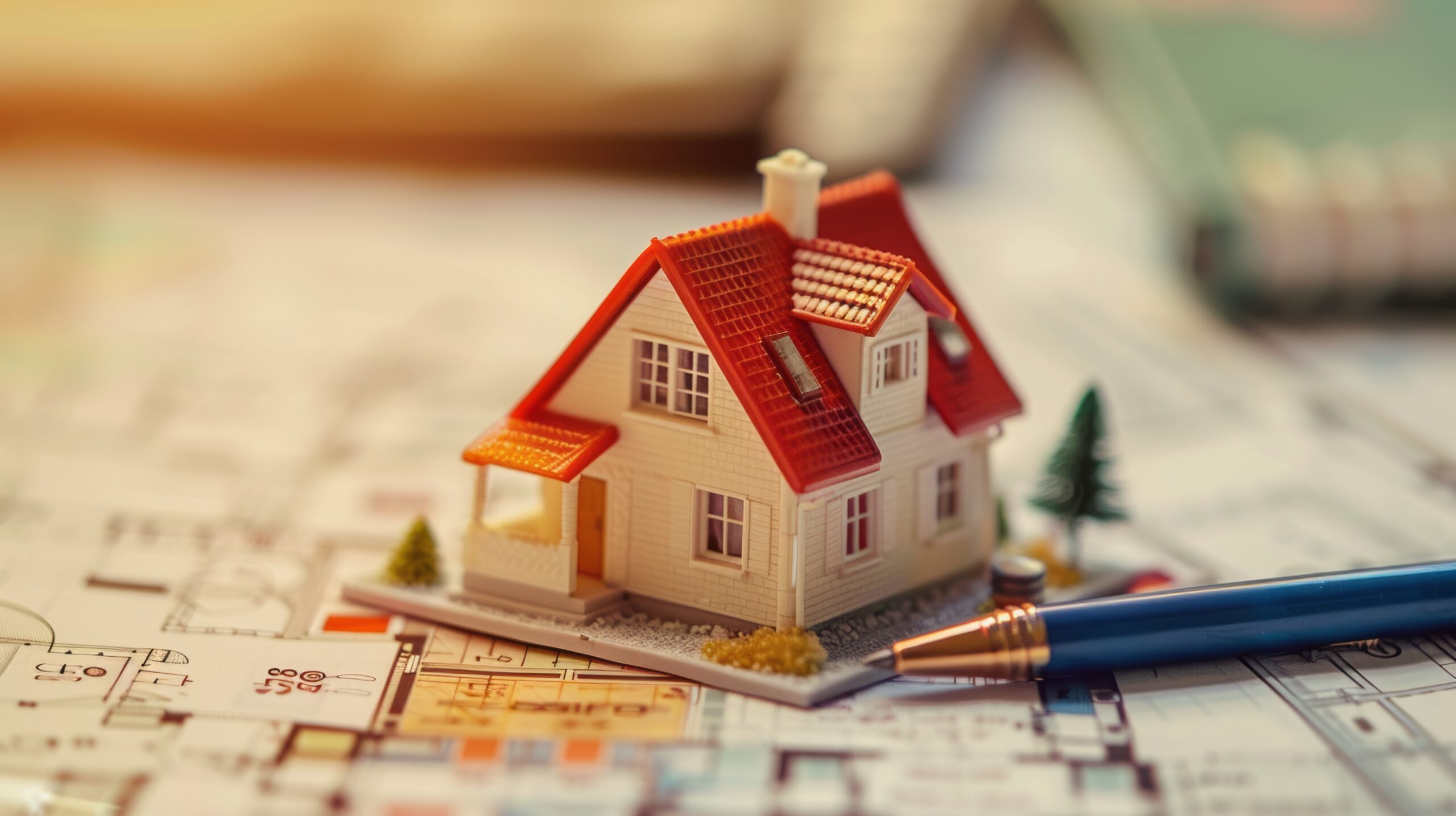The Curated News Hub
Your daily source for diverse news and insights.
Home Loans: The Ticket to Your Dream Castle
Unlock the door to your dream castle! Discover essential home loan tips and secrets to make homeownership a reality.
Understanding Home Loans: Key Factors to Consider
When it comes to securing a home loan, it's essential to understand the key factors that can influence your borrowing experience. One of the most crucial elements is your credit score, which lenders use to assess your creditworthiness. A higher credit score typically translates to better interest rates, while a lower score may lead to higher costs or even loan denial. Additionally, debt-to-income ratio plays a significant role in loan approval, as it indicates how much of your income is allocated to debt payments. Striving for a DTI ratio below 36% can make you a more appealing candidate for lenders.
Another important factor to consider is the type of home loan that best suits your financial situation. There are various options available, including fixed-rate mortgages, adjustable-rate mortgages, and FHA loans. Each type comes with its own set of benefits and drawbacks, so it's vital to assess your long-term plans and financial goals. Additionally, down payment requirements can vary significantly depending on the loan type, ranging from zero down in some programs to 20% in conventional loans. By understanding these elements, you can make an informed decision when navigating the home loan landscape.

Top Tips for Securing the Best Home Loan Rates
Securing the best home loan rates can significantly impact your financial future. To start, it's crucial to establish a good credit score, as lenders typically offer lower rates to borrowers with higher credit ratings. Make sure to check your credit report for errors and pay off any outstanding debts. Additionally, consider increasing your down payment; a larger down payment can reduce your loan-to-value ratio, which may help you negotiate better rates. Finally, shop around and compare offers from multiple lenders to find the most competitive rates available.
Another important strategy is to time your loan application wisely. Interest rates fluctuate based on market conditions, so keeping an eye on trends can help you lock in a lower rate. If you hear that rates are projected to rise, it might be wise to act quickly. Furthermore, consider securing a fixed-rate mortgage instead of an adjustable-rate mortgage, as this can provide stability in your payments over the long term, protecting you from sudden rate increases. By following these tips, you can enhance your chances of obtaining the best home loan rates.
Common Questions About Home Loans Answered
Obtaining a home loan can be daunting, and many prospective buyers find themselves with numerous questions. Common questions about home loans often revolve around eligibility requirements, interest rates, and the overall application process. For instance, one of the first questions many ask is, 'What credit score do I need to qualify for a home loan?' Generally, a minimum score of 620 is needed for conventional loans, but some programs may accommodate lower scores, especially for first-time homebuyers. Additionally, potential borrowers frequently inquire about the varying types of home loans available—such as fixed-rate versus adjustable-rate mortgages—and how they can impact their monthly payments.
Another frequently asked question is, 'How much can I borrow based on my income?' Lenders typically use a debt-to-income ratio (DTI) to assess this, allowing them to evaluate your ability to repay the loan. Understanding common questions about home loans also includes the down payment requirement. While traditional loans often require a down payment of around 20%, many programs—like FHA loans—allow for significantly less. Moreover, knowing the associated costs, such as closing fees and insurance, can help in determining the overall budget. If you're preparing to take this significant step, ensure to research and clarify any uncertainties before making financial commitments.